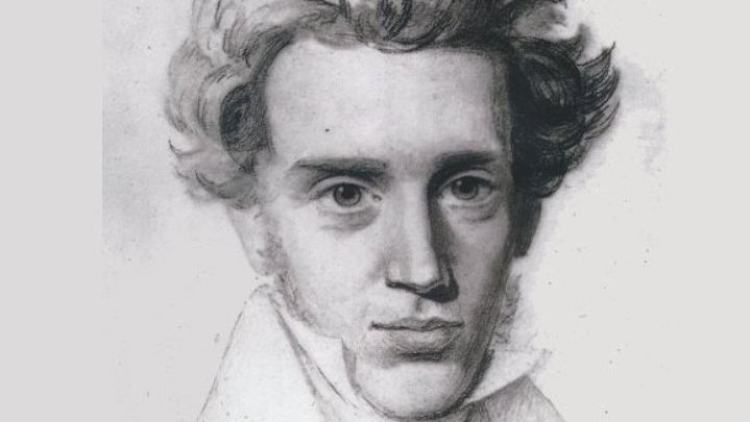The Absurd

Søren Kierkegaard (pictured) is thought of as the first absurdist philosopher. He developed a suitable existential philosophy for confronting human crises concerning our absurd existences, influencing Albert Camus, who is famous for using the 'Absurd' in his literary work.
Existentialism is a philosophical topic that draws much attention. Rarely, though, is there much clarity. This is particularly true for the ‘Absurd’.
Deep thinkers, with their profound and incessant questions, have a way of reaching the absurd conditions of their lives. But what does this all really mean to them? Arnold P. Hinchliffe, through Michael Esslin, offers the following account—and we really like it.
What do you think?
